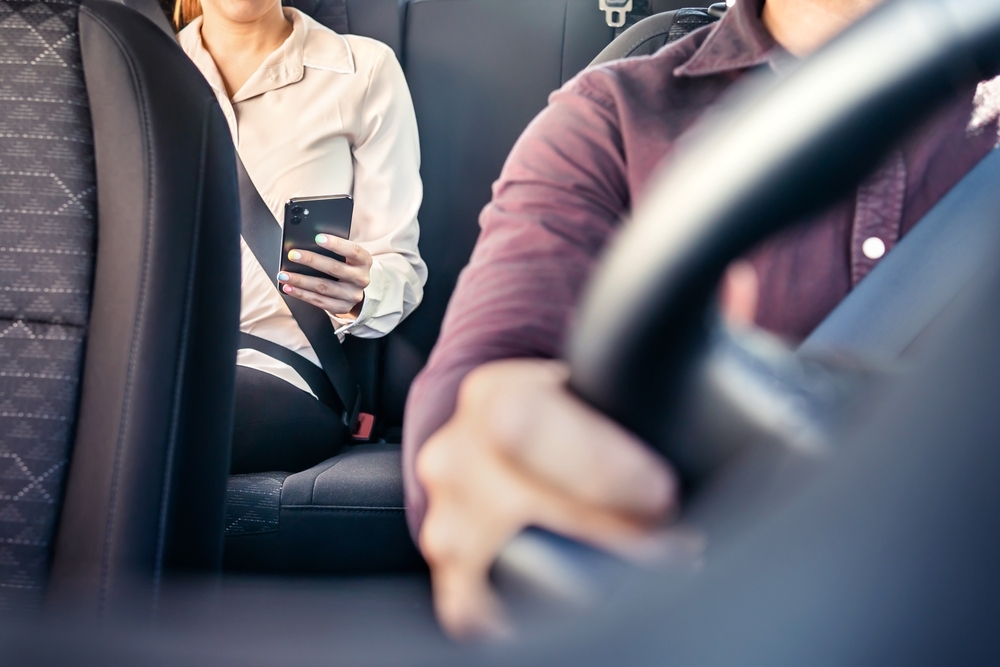
Rideshare platforms, like Uber and Lyft, have revolutionized transportation, offering flexible income and quick mobility. But for many women—especially passengers—this innovation hides a much darker reality. While these companies rake in billions, they continue to fail in their duty to protect the very people who keep the wheels turning.
A Growing Safety Crisis
As of April 2025, more than 1,400 women across the country have filed sexual assault lawsuits against one major rideshare company alone. These lawsuits represent just a fraction of the actual harm—many more incidents go unreported due to stigma, fear of retaliation, or the belief that no real help will follow.
For female passengers and drivers, the risks are especially high. They are alone in a car with strangers, often late at night and in unfamiliar neighborhoods. Many feel unsafe, unsupported, and silenced. Despite the clear danger, most rideshare platforms do not offer meaningful protections—and in many ways, their policies actively suppress accountability.
Minimal Screening, Maximum Exposure
These companies pride themselves on ease of access—for drivers and riders alike. But that ease has a cost. Many do not use fingerprint-based background checks, do not meet drivers in person, and do not require references, interviews, or even vehicle ownership. Instead, they partner with rental car companies to fast-track drivers into service. This minimal screening process increases the likelihood of predatory behavior slipping through the cracks.
And when problems arise? Drivers and riders alike struggle to report misconduct—especially when it involves sexual harassment or assault. Complaint systems are clunky, opaque, and intentionally limited. One platform’s driver-rating menu includes over 40 options—ranging from “unpleasant car smell” to “talked too much”—but no option for sexual misconduct. That omission is no accident; it's part of a systemic effort to downplay risk and avoid public scrutiny.
Misleading Marketing to Women
Rideshare platforms spend millions on marketing, especially to women. Ads often feature smiling female drivers or mothers with children, presenting rideshare as a safe and family-friendly option. Many of these companies even partner with alcohol manufacturers and nightlife venues, targeting women with messages that it's safer to ride home after drinking. Yet this image is a dangerous illusion.
The lack of safeguards, weak reporting tools, and failure to terminate repeat offenders make it clear: these companies prioritize profits over safety, leaving female drivers and passengers exposed.
Demanding Accountability
At Anapol Weiss, we believe companies must be held accountable when they fail to protect vulnerable individuals from preventable harm. If you or someone you love has experienced harassment, assault, or unsafe conditions as a rideshare driver or passenger, you are not alone—and you may have legal options.
Contact us today for a free and confidential consultation. Our attorneys are committed to fighting for justice and creating safer systems for everyone.
Disclaimer: This blog is intended for informational purposes only and does not establish an attorney-client relationship. It should not be considered as legal advice. For personalized legal assistance, please consult our team directly.
